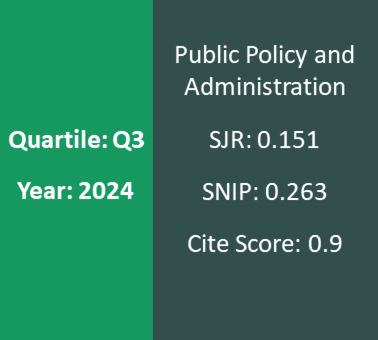Discourses of Civil Society and Civility in the Reflection of Modern Democracy
Keywords:
civil society, civility, participation, modern democracy, discourse, theories of democracy.Abstract
The article deals with the contradictory effect of civil society and civility discourses for the theory of
modern democracy. The author concentrates on observed two main theoretical approaches towards the role and
position of civil society in new democracies. Following the cautious optimism of “neotocquevillians” the
transition from undemocratic regime to the democracy was influenced of universal and global spread of
democracy. In the transitional period civil society comes into play as the guarantee for consolidating
democracy. Scientists skeptics don’t share this view and not consider civil society as the panacea building
democracy.
Civility can be described as an ethos of citizens conduct, necessary condition for real democracy. Social
capital theory inspired discussion on the influence of “republican virtues” upon the modern democracy.
However, the more important question is what type of civil society promotes democracy.
The manifestations of civility discourse complicated the creation of liberal democracy at the initial stage of
postcommunist transformations in East and Central European countries. Seeking more authentic reflection of
modern democracy in their own country Lithuanian social scientists should: 1) discard all the uncritical
approaches to the Western models of civil society; 2) propose the original decision while trying to solve the
dilemma of modern democracy, because the one suggested by L. Siedentop is hardly applicable for societies
which lack the liberal hinge.





